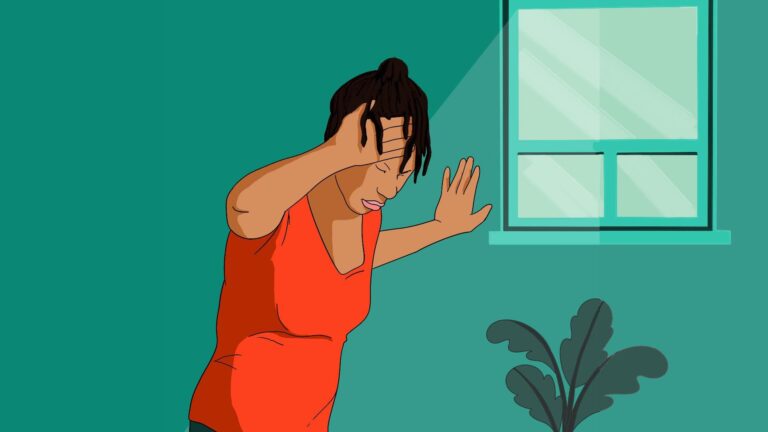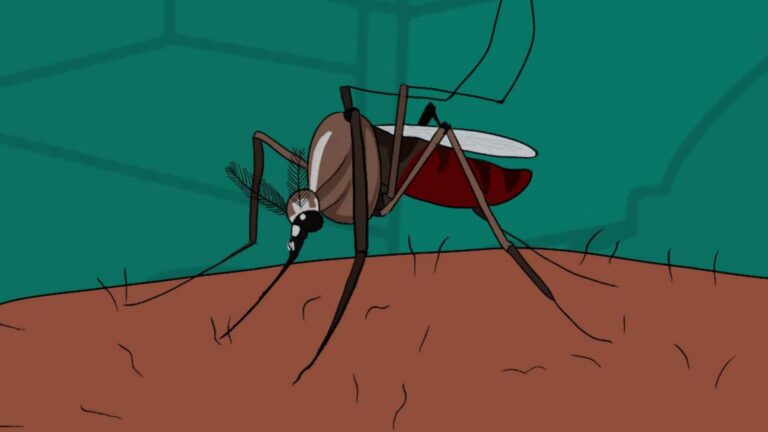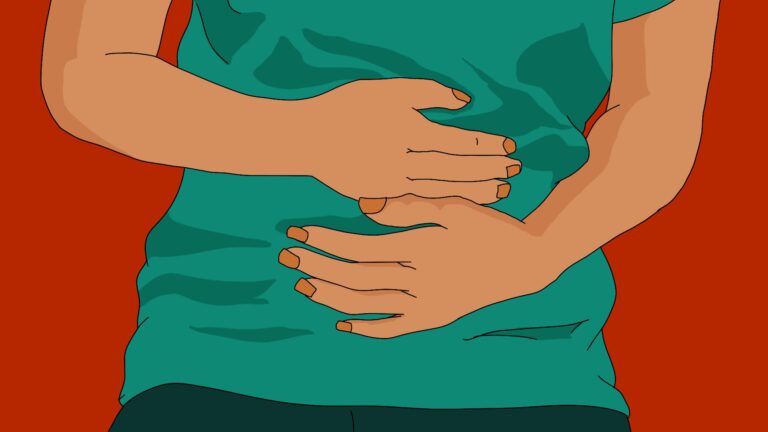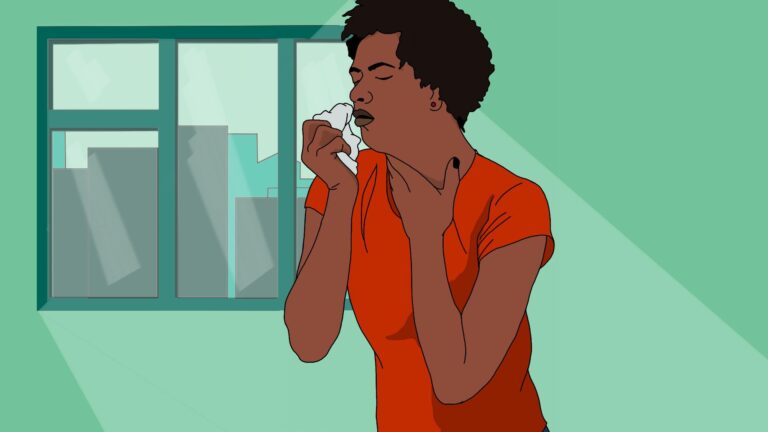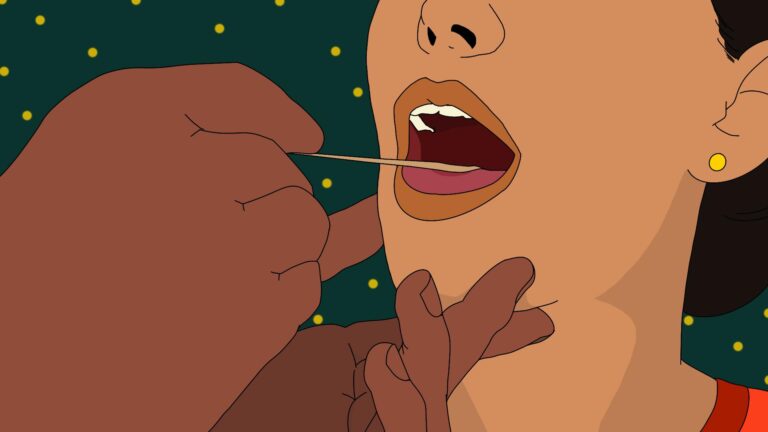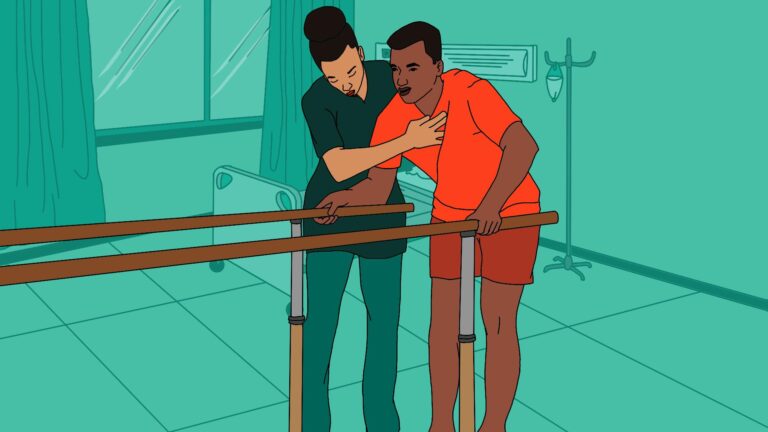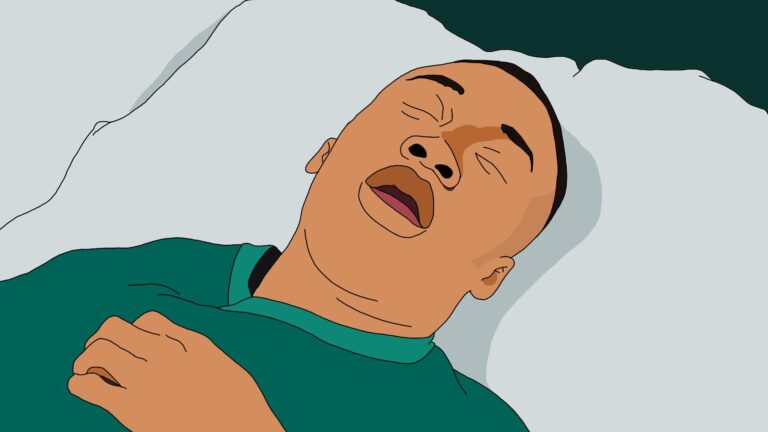What is Mpox?
Mpox Mpox is a viral disease caused by the monkeypox virus, which belongs to the same family as the smallpox virus. Although it was first discovered in monkeys, it is mainly spread to humans through contact with infected animals or from person to person. Mpox is not as deadly as smallpox, but it can cause…


